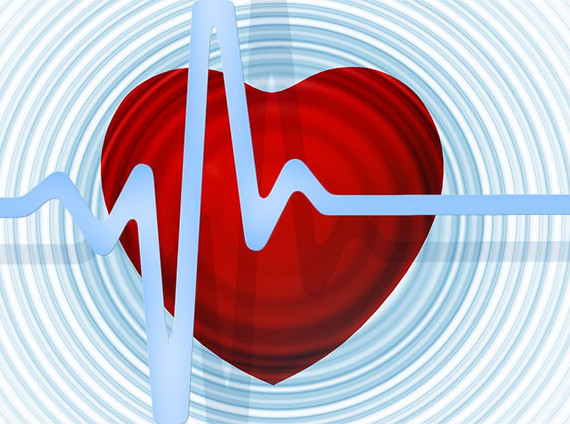
According to the Centers for Disease Control and Prevention (CDC), heart disease is the leading cause of death in the United States. One in four deaths — about 610,000 annually — is the result of heart disease, says the CDC.
Clearly, it’s something everyone needs to carefully consider. Risk factors fall into two categories. Modifiable risk factors are ones you can control through lifestyle changes. Non-modifiable heart disease risk factors are those you cannot control, such as genetics.
The good news is that — even if genetics are stacked against you — you can make choices that influence your heart health. Here are six tips to help prevent heart disease:
Help keep heart disease at bay with these six tips. It can be a challenge but the rewards of a healthy life well- and long-lived are beyond description. Learn more about the heart by using CardioVisual, the free app that provides easy-to-use video-based information about cardiovascular treatments, procedures and conditions..